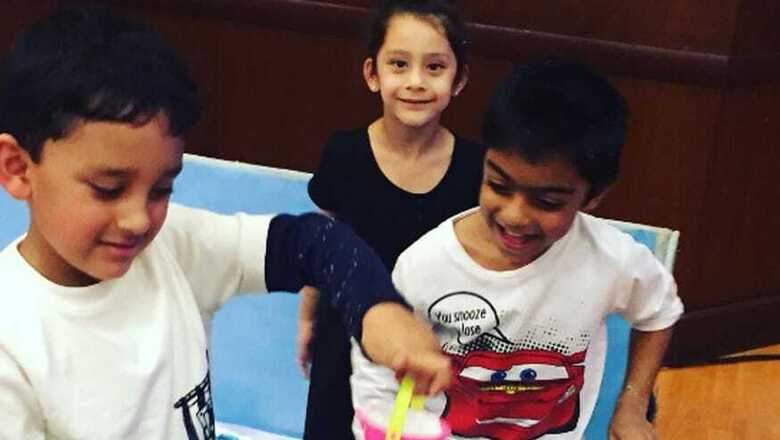
views
If you find that your elder son often confesses his wrongdoings even if he stands to face punishment, he is not alone. According to researchers, the elder kids are more likely to confess their misdeeds than their younger siblings.
Researchers from the University of Maryland conducted a study on four-to-nine-year-old kids about a series of hypothetical situations in which children committed misdeeds and then either lied or confessed.
The result found that four-to-five-year-olds were more likely to connect positive emotions to the act of lying and negative emotions for confessing their wrongdoing.
On the other hand, the seven-to-nine-year-olds more often associated guilt with lying and positive emotions with confessing.
"The goal of the study was to investigate the emotions that children associate with lying and confessing," said Craig Smith, lead research investigator.
The study also tested whether these emotions were connected to children's tendencies to confess or cover up misdeeds in real-world situations.
The researcher also explained how to deal when a child comes forth with a offence.
"Convey that you're going to listen without getting angry right away. As a parent, you might not be happy with what your child did, but if you want to keep an open line of communication with your child, you can try to show them that you're happy that your child has told you about it," Smith explained in the Journal of Experimental Child Psychology.
This open communication becomes even more critical when the child is a teenager and must grapple with adult issues such as whether to confide in a parent or conceal issues like calling for a ride home when alcohol is involved or substance abuse.














Comments
0 comment